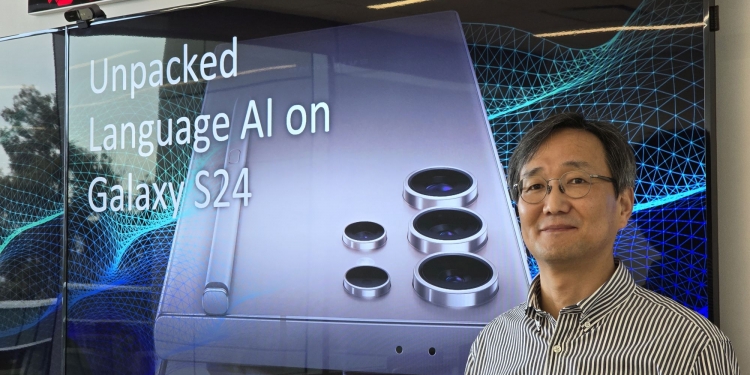The Galaxy S24 series is the latest and greatest Samsung flagship smartphone lineup yet and they banking on Galaxy AI to differentiate itself from the rest. This year, Samsung wants to harness the power of generative AI to unlock new possibilities for mobile experiences. However, there are concerns about safety, privacy and ethics as we’ve seen with ChatGPT and Bard.
Shortly after the Samsung Unpacked 2024 event, we spoke to YJ Kim, who leads the AI team for Samsung MX (Mobile eXperience) Business to learn more about its measures to ensure a safe and secure AI experience.
Samsung leverages on-device AI for greater privacy
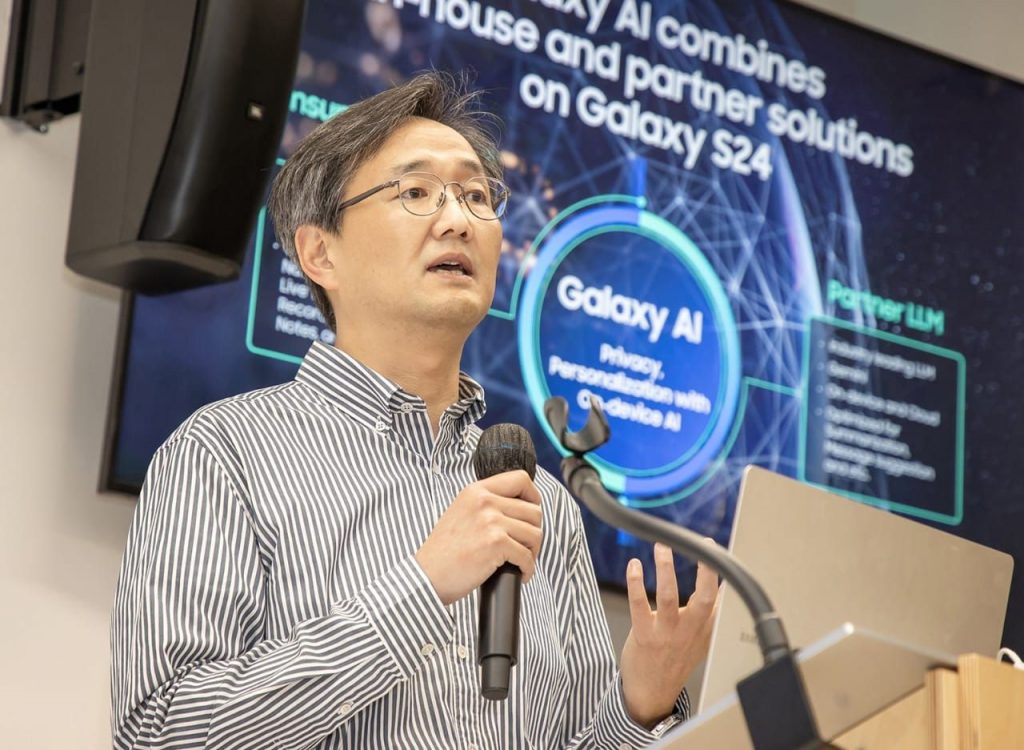
Kim says Samsung is putting AI safety as its first priority and the company’s principles of AI ethics emphasise fairness, transparency and accountability.
Samsung is aware that there are many concerns about Generative AI and one of the biggest concerns is privacy. Typically, users intending to leverage AI would need to go through the cloud and there are concerns about security risks when uploading sensitive data to a third-party provider. That’s one of the reasons why Samsung has taken a hybrid approach to leverage on-device capabilities as well as the cloud through partner collaboration.
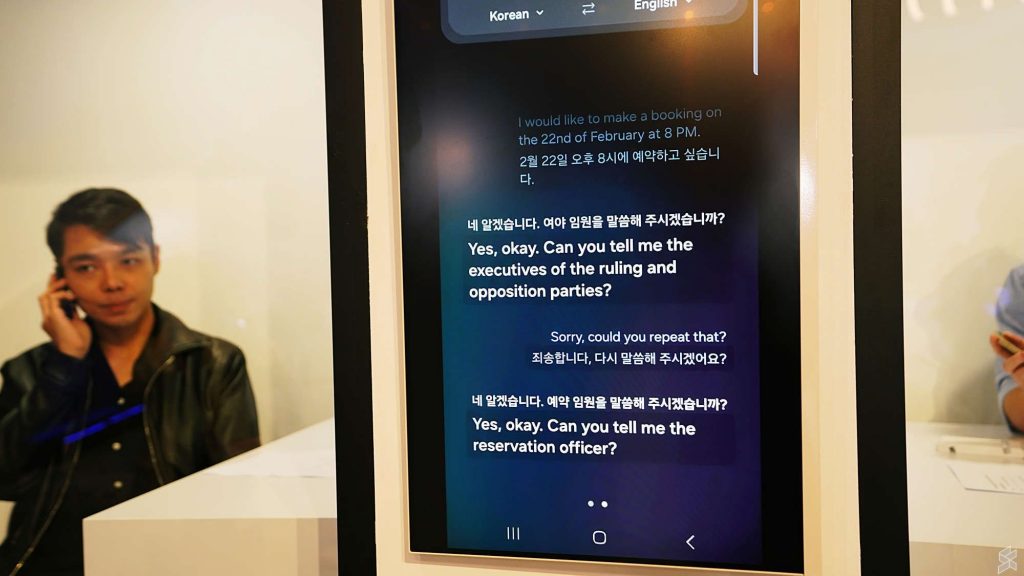
On the Galaxy S24 series, Galaxy AI enables on-device live translation for voice and text as Samsung believes conversations are private and sensitive. Not only does this enable AI to work without an internet connection, but users can be rest assured their individual and personal information stays within their device and is not shared with external servers. The Galaxy S24 series utilises Gemini Nano, which is Google’s most efficient on-device large language model (LLM) that can run natively and offline.
Samsung taps on Google’s Gemini Pro and Imagen 2 models
While on-device capabilities address privacy concerns, there’s a need for the cloud on a larger scale. As announced during the launch, Samsung has formed a multi-year partnership with Google to tap into Google Cloud’s generative AI technology for Samsung users worldwide. In fact, Samsung is the first Google Cloud partner to deploy Gemini Pro on Vertex AI to consumers which also brings critical features covering security, safety, privacy and data compliance.
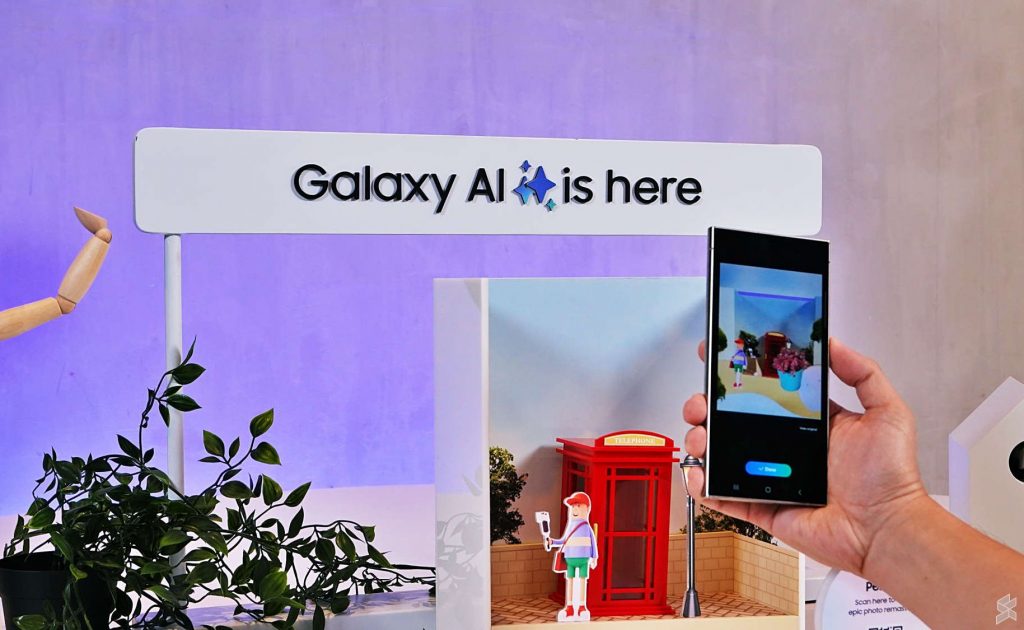
Sometimes, AI could generate undesirable outcomes, for example, obscene or violent language and expressions that users don’t want. Kim said when Samsung developed and improved its AI models and deliverables, they designed safety filters to ensure additional steps were in place to check the AI-generated results.
As we’ve seen from the Galaxy S24 series, it is now easier than ever to remove or recompose images with Generative AI. The Galaxy S24’s Generative Edit feature taps on Google’s Imagen 2 model which is Google’s most advanced text-to-image diffusion technology to date. To avoid potential misuse of generated AI images, Samsung has embedded watermarks (symbolised by Galaxy AI icon) to ensure users can recognise if an image is original or AI-generated. Through these measures, Samsung hopes users can enjoy and leverage the AI capabilities of the Galaxy S24 series without worrying about such concerns.
Samsung wants to make AI more personal
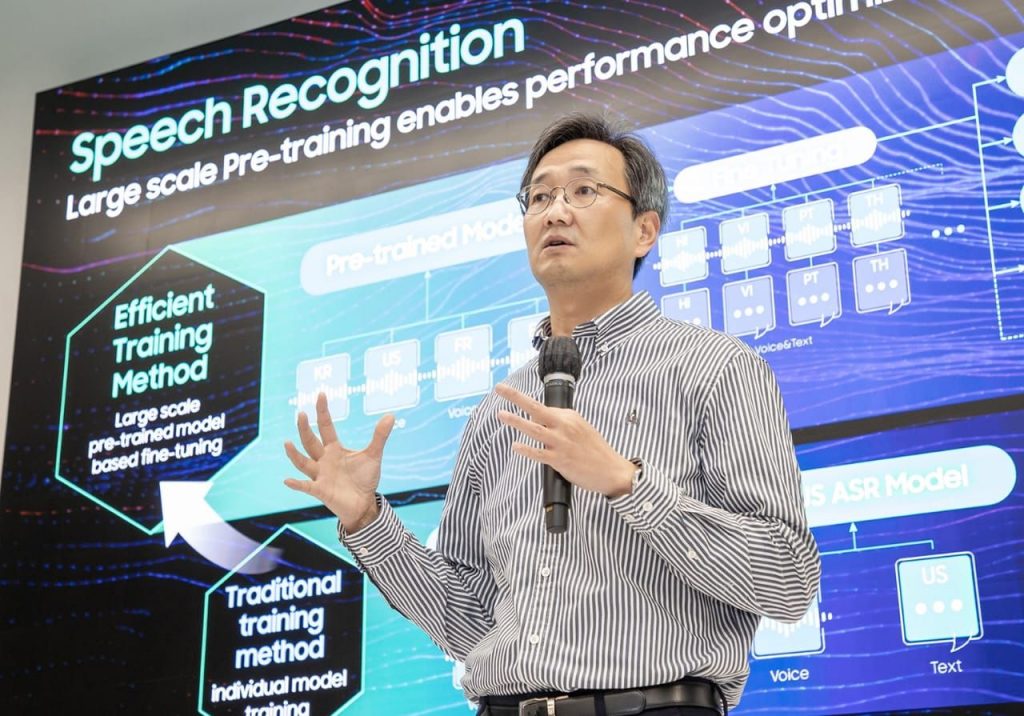
Samsung envisions a future where AI is personalised for each user and their device has its own AI system. At the moment, Galaxy AI can help you translate your conversation in a machine-generated voice and they want to enable live translation using your voice but in a different language. It may not be possible today but AI could learn and use your commonly used expressions and patterns to understand what you want to say and provide a verbal response in your own voice.
Samsung wants to expand AI for all devices but there are limitations
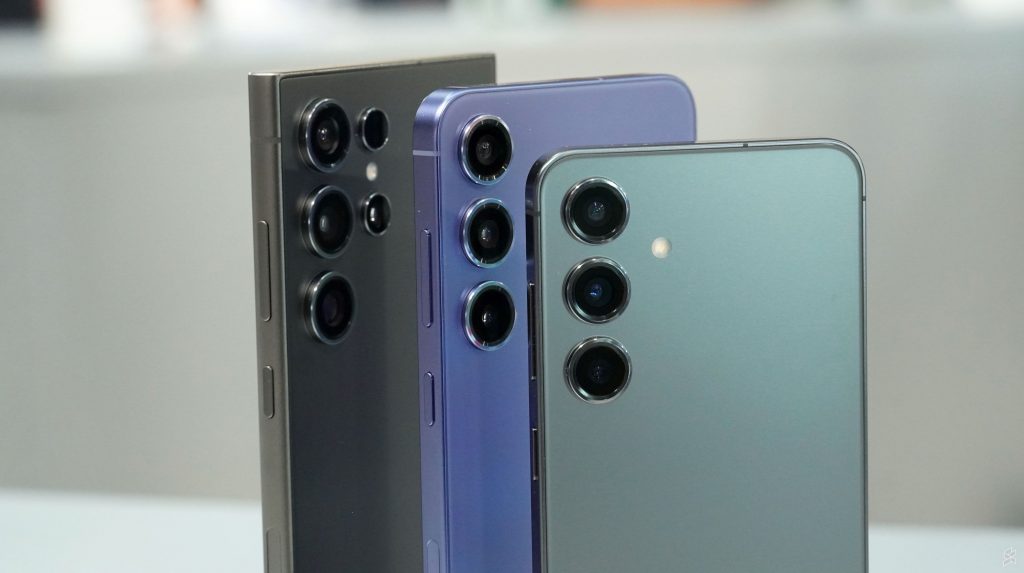
As announced during CES 2024, Samsung wants to expand AI throughout its ecosystem to enable users to experience their devices more intuitively and conveniently. This includes TVs, fridges, vacuum cleaners and even washing machines. Samsung has also confirmed that it is bringing its Galaxy AI to older smartphones and tablets, and this may include lower-end Galaxy A models in the future.
When asked to elaborate further about bringing AI to non-flagship devices, Kim said AI requires computing power and memory, and the hardware itself must support the minimum requirement for the AI model to run on-device. He said devices can also leverage on capabilities of other devices within the ecosystem to provide sufficient computing power.
He added that the most challenging area to which Samsung paid the most attention is optimisation. He said providing AI is one thing but the most important is to optimise it so that it could run on-device. He added that size and performance optimisations are important to deliver a practical experience for all users.
Another challenge is enabling AI for call assistance on the Galaxy S24. When people engage in a conversation, they use verbal language but most AI models are meant for written language. Kim said optimising AI for verbal language to provide an intuitive speaking conversation remains a challenge.
Why is Galaxy AI only free until 2025?

Samsung is currently only offering Galaxy AI on the Galaxy S24 series for free until 2025 and there’s a possibility of it turning into a paid service in the future. According to Kim, their goal is to provide the best value and service to Galaxy users and all of these AI processes incur a huge cost. He shared that developing and upgrading their AI models requires a huge investment and there are other operational costs for servers and cloud-based solutions.
With AI technology advancing at a rapid pace, it is hard to imagine what AI services will be available in the coming years. However, Samsung wants to ensure that all users can leverage and enjoy AI experiences to the fullest, hence, they have decided to commit to offering Galaxy AI free until 2025.
If you haven’t seen it yet, you can check out the new Galaxy AI features in the video below:

